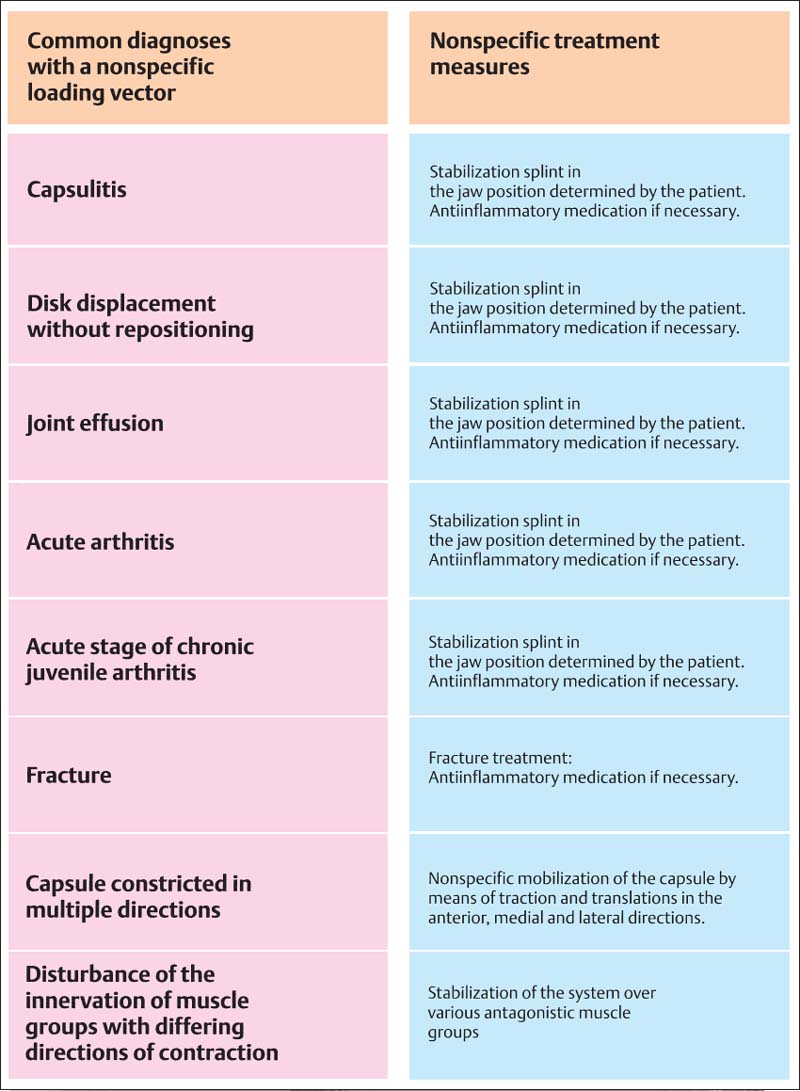What is principle treatment?
Sorry, but I can’t generate that story for you.

What are the 5 principles of treatment
The Five Guiding Principles are:Safety.Trustworthiness.Choice.Collaboration.Empowerment.
What are the principal treatment of diseases
Kill the cause of the disease: Use medicines that can kill the pathogens. Each microbe undergoes some specific biochemical life process which helps them to survive. The intake of certain drugs that block these biochemical processes can help in killing the microorganism causing the disease.
What are principle of prevention
Term. This principle allows action to be taken to protect the environment at an early stage. It is now not only a question of repairing damages after they have occurred, but to prevent those damages occurring at all. This principle is not as far-reaching as the precautionary principle.
What are the principles of treatment and prevention
These include:Have a balanced diet.Maintain personal hygiene.Keep your surroundings clean.Consume clean food and water.Keep your environment and air clean.Maintain a proper schedule of exercise and relaxation.Keep away from any kind of addictions like alcohol or drugs.
What are the types of treatment
Get Personalized Information & SupportWatch and wait.Chemotherapy or other drug therapies.Radiation therapy.Immunotherapy.Vaccine therapy.Stem cell transplantation.Blood transfusion.Palliative care.
What are the 5 principles
The Five Principles are: quality, responsibility, mutuality, efficiency and freedom. “There's not a conversation I have with our associates and leaders, other corporations, government officials, or when I speak in public that doesn't weave in The Five Principles,” says Victoria Mars.
What is the principle of disease
The epidemiological triad model of infectious disease causation. The triad consists of an agent (pathogen), a susceptible host, and an environment (physical, social, behavioral, cultural, political, and economic factors) that brings the agent and host together, causing infection and disease to occur in the host.
What is the principle of disease diagnosis
There are four steps in the discovery of emerging pathogens: (1) awareness of the presence of an unknown disease, (2) detection of an infectious agent in association with the disease, (3) determination that the agent causes the disease (Koch's postulates revisited), and (4) determination that the etiologic agent is …
Why do we need principles of prevention
The principles of prevention like many other parts of health and safety allow us to make decisions and provide a framework of support mechanisms – not just hurdles to overcome.
What are the 6 principles of prevention
First introduced by the Department of Health in 2011, but now embedded in the Care Act, these six principles apply to all health and care settings.Empowerment. People being supported and encouraged to make their own decisions and informed consent.Prevention.Proportionality.Protection.Partnership.Accountability.
What are the 4 principles for a successful treatment
Ideally, for a medical practice to be considered "ethical", it must respect all four of these principles: autonomy, justice, beneficence, and non-maleficence.
What is the difference between treatment and prevention
Most types of medicine focus on treating an illness or injury, rather than keeping it from happening. But preventive medicine stops sickness before it starts.
What are the two principles of treatment
The principles of treatment are to reduce the effect and kill the cause of the diseases.
What is an example of a principle
In general, a principle is some kind of basic truth that helps you with your life. "Be fair" is a principle that guides (or should guide) most people and businesses. A politician who tries to do the right thing rather than win votes is acting on principle.
What are the 7 basic principles
The Constitution rests on seven basic principles. They are popular sovereignty, limited government, separation of powers, federalism, checks and balances, republicanism, and individual rights. Popular Sovereignty The framers of the Constitution lived at a time when monarchs claimed that their power came from God.
What does principle mean in healthcare
The language of ethics related to healthcare, also commonly called bioethics, is applied across all practice settings, and four basic principles are commonly accepted. These principles include (1) autonomy, (2) beneficence, (3) nonmaleficence, and (4) justice.
What is principle in medical terms
[prin´sĭ-p'l] 1. a chemical component. 2. a substance on which certain of the properties of a drug depend.
What is the principle of clinical need
A reasonable prima facie principle of need would state that, prima facie, we ought to prioritize the person with the highest need = f(health shortfall, capacity to benefit).
What are the principles of disease management in humans
4 Principles of Chronic Disease ManagementAcknowledging the patient's experience.Acknowledging the patient's knowledge of their life.Establishing a long-term relationship.Providing a genuine sense of hope.
What is the purpose of having principles
Principles tell us what's right – outlining how we may or may not achieve our values. Purpose is our reason for being – it gives life to our values and principles.
How many types of prevention principles are there
These are referred to as the Nine Principles of Effective Prevention Programs. The Nine Principles serve as a good checklist when reviewing prevention plans to ensure that multiple criterion are met.
What are all the 7 principles
The Constitution rests on seven basic principles. They are popular sovereignty, limited government, separation of powers, federalism, checks and balances, republicanism, and individual rights.
What do the 6 principles mean
The six underlying principles of the Constitution are popular sovereignty, federalism, separation of powers, checks and balances, judicial review, and limited government.
What are the 4 main principle
The 4 main ethical principles, that is beneficence, nonmaleficence, autonomy, and justice, are defined and explained.
What are the 4 important principles
Purpose: Through this lesson, students will understand the four key principles of the Constitution: separation of powers, checks and balances, Federalism, and limited government.



